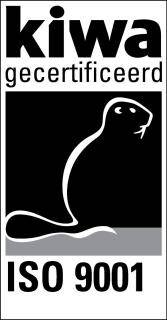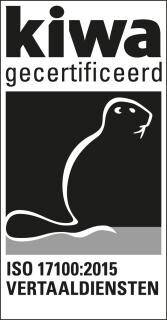Literary translation
YOUR PROFESSIONAL LITERATURE IN ANY LANGUAGE
Literary translation
Nothing is worse than reading mistranslated literature. While reading, you get irritated by the little errors, which does not help you become absorbed in the literature. If you have written trade literature yourself, of course you do not want errors of this kind to appear in your translations. Good quality literary translation is very important.
Request a quotation Request a free trial translation!
We have already translated several books in different language combinations and are familiar with long-term translation projects. Add to this the fact that our translators have an affinity with our fields of agricultural technology, livestock breeding, food, agriculture and horticulture and, of course, with language.
Managing time pressure
Translating literature almost always involves large projects that have to be translated under time pressure. After all, publishers want the translated book to be available as soon as possible after the publication of the original work. Literary translators must therefore be able to work quickly, without compromising quality. Further, the translator needs to be able to convert a large amount of text into a translation at a quality level in line with the original book, while under time pressure.
Translating literature is not a simple task. It requires broad general knowledge, an enormous vocabulary and the ability to articulate complex facts comprehensibly in another language.
Literary translation at work
Literary translation is done according to a standard process:
- Reading: The translator must of course know the book. While reading, he or she immerses him or herself in the assignment and gains useful information about the writing style, the details and the atmosphere of the book.
- Research: Once he or she knows the book well, the translator first does some research before starting on the translation. All details of the book (for example terminology and technique) are analysed carefully.
- Contextualisation:The book must be placed in its proper context. The essence of the source text must still be expressed in the translated version.
- Translating: Translation involves flawlessly translating the knowledge acquired through reading and research into the target language. The style of the source text must remain visible.
- Correcting: As with any translation, the complete book must be revised at the end. However, one correction is not enough. Several passes are needed before the translated book can be sent back to the client for any feedback.
Literary translation by AgroLingua
Literary translations are done with the utmost care at AgroLingua. The process involves the following steps:
- The texts are delivered to us.
- The most suitable translator or translators are assigned to your project.
- Our skilled translators get to work for you.
- The texts are translated.
- Once the translation is finished, it is reviewed by a second translator.
- The translation is sent to you for any feedback.
Discover the advantages of AgroLingua for yourself
Would you like more information about AgroLingua’s services? We’d be delighted to explain more in person. Please don’t hesitate to contact us!







